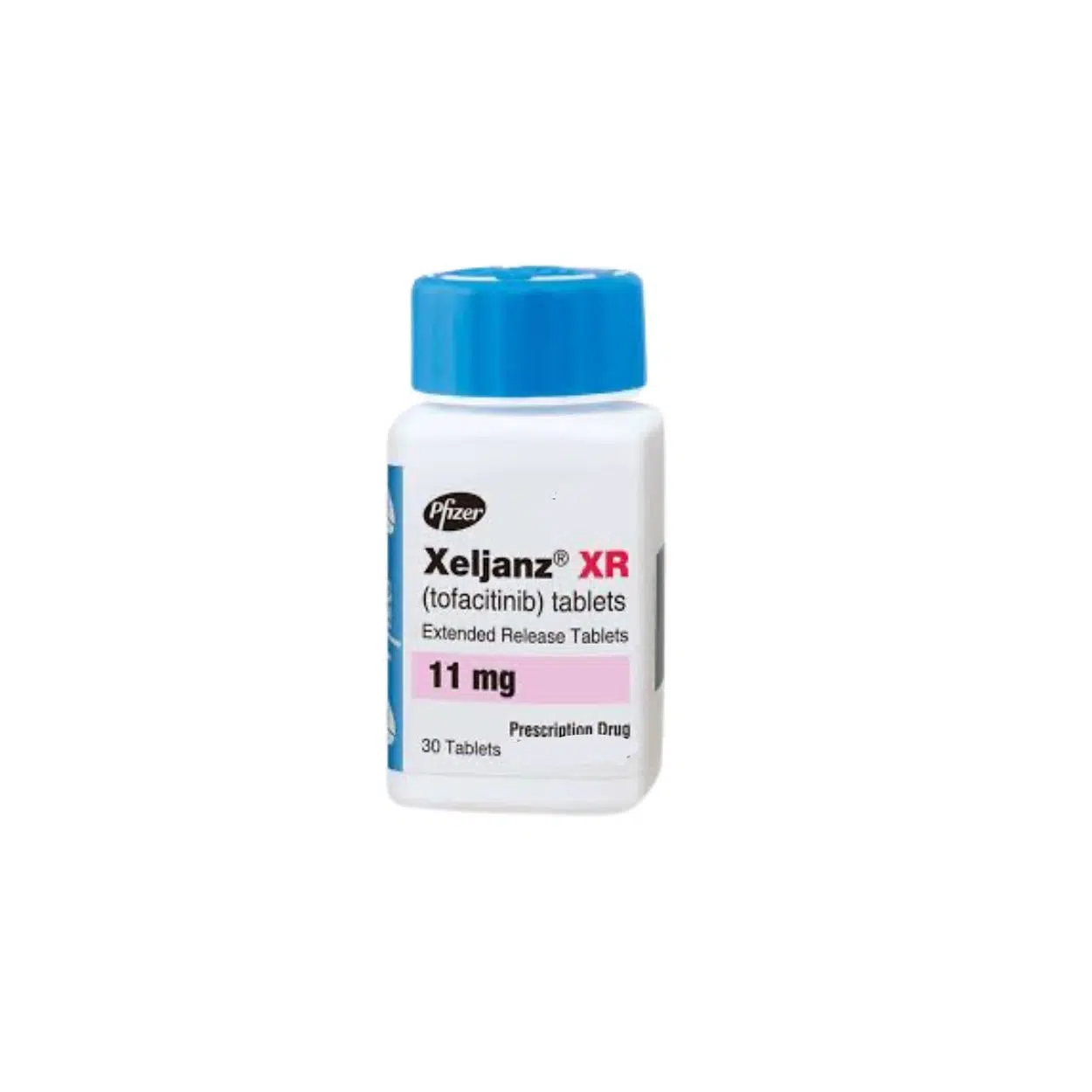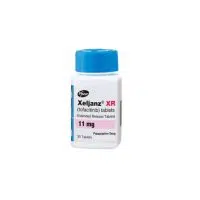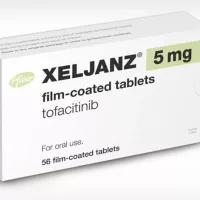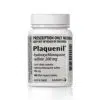Xeljanz (generic name: tofacitinib) is a Janus Kinase inhibitor (JAKi) used for the treatment of disease-mediated diseases (IMDs) such as rheumatoid arthritis, psoriatic arthritis, ulcerative colitis, or ankylosing spondylitis in adults.
It can also be prescribed off-the-shelf to treat diseases that respond well to alternative treatment, including hair loss caused by psoriasis and alopecia areata, as well as rheumatic infection such as dermatomyositis, polymyositis, systemic sclerosis, systemic lupus erythematosus.
It generalizes in reducing pain, tenderness, and swelling in affected joints while treating various types of arthritis. Interruptions such as nausea, diarrhea, and rectal bleeding for ulcerative colitis.
Dosage The usual procedure is to collect it orally, with or without food. Follow your prescribing healthcare provider’s instructions and the instructions printed in the patient instruction leaflet included in the package.
Xeljanz (Tofacitinib) is used, among other things, in the treatment of moderate to severe active ulcerative colitis, which usually responds well to other medication. Like other drugs, it has xeljanz side effects that are important to be aware of.
Mechanism of Action
Xeljanz inhibits the signal transmission of various enzymes in the body that play a role in defense (the immune system). In this way, it inhibits inflammation in the intestine.
Precautions
Because Xeljanz (tofacitinib) reduces the defense against infections, it is checked for indications of the presence of some infections before starting treatment. An X-ray of the lungs, a blood test, and a skin test are done in connection with possible tuberculosis (TB). A blood test is done for the possible presence of the hepatitis B/C virus.
Tablets and Dosage
Xeljanz is available in tablets of 5mg and 10mg. The recommended dosage is 10mg twice a day for 8 weeks, followed by 5mg twice a day.
Your doctor may decide to extend the starting period of 8 weeks by another 8 weeks, so that you take 10mg twice a day for 16 weeks and then 5mg twice a day.
If Xeljanz (tofacitinib) does not work within 16 weeks, your gastroenterologist may decide to stop treatment.
Side Effects
Like any medicine, this medicine can also have side effects.
Important Note: If side effects occur, you should contact the gastroenterology nurse consultant or gastroenterologist!
Xeljanz makes the body less able to resist infections and some infections could become serious. Symptoms of infection can include:
- Fever, flu-like symptoms, cold, night sweats.
- Fatigue or shortness of breath, cough that does not go away.
- Warm, red and painful skin or a painful skin rash with blisters.
- Abdominal pain.
- Persistent headache.
Infections
Infections of the sinuses, throat, pneumonia or bronchitis, cystitis and common cold often occur.
Inflammation of the subcutaneous tissue (cellulitis) sometimes occurs.
Shingles (painful skin rash with blisters) sometimes occurs.
Common side effects (in up to 1 in 10 people)
- Diarrhea.
- Nausea, vomiting, stomach or abdominal pain, disturbed digestion.
- Increased cholesterol.
- Weight gain.
- Joint pain.
- Anemia.
- Fatigue.
- Fever.
- Swollen hands and feet.
- Headache.
- High blood pressure.
- Increased number of muscle enzymes in the blood (may indicate liver or muscle problems).
- Coughing.
Sometimes occurring side effects (in up to 1 in 100 people)
- Tuberculosis.
- Kidney inflammation.
- Skin infection.
- Herpes simplex or cold sores (on the lip).
- Low number of white blood cells.
- Increased liver values in the blood.
- Tendon inflammation.
- Unpleasant feeling.
- Poor sleep.
- Blocked nasal cavity.
- Shortness of breath.
- Redness of the skin.
- Itching.
- Fatty liver.
- Painful inflammation of small sac-like protrusions in the mucous membrane of the intestine (diverticulitis).
- Viral infections in the intestinal tract.
- Certain forms of skin cancer (non-melanoma).
Blood Checks
Blood checks are carried out prior to starting Xeljanz (tofacitinib), 4 weeks after starting Xeljanz (tofacitinib) and then every three months or on the advice of a gastroenterologist/ gastroenterology nurse consultant, this to detect possible side effects early. Pregnancy and Breastfeeding
During the use of Xeljanz (tofacitinib), one should not become pregnant or breastfeed, this due to insufficient data. It is advised to use effective contraception during and at least 4 weeks after the last dose.
The same advice applies to men with a desire to have children.
While using Xeljanz (tofacitinib) one should not become pregnant or breastfeed, due to insufficient data. It is recommended that effective contraception be used during and at least 4 weeks after the last dose.
The same advice applies to men with a desire to have children.
Supplementary
While using Xeljanz (tofacitinib), you cannot be vaccinated with live vaccines, such as against Mumps-Mumps-Rubella, Varicella (chicken pox, shingles) and some tropical diseases.
Commonly used vaccines such as DKTP, influenza (flu) and hepatitis A and B are not a problem.
Sources:
https://www.webmd.com/drugs/2/drug-162865/xeljanz-oral/details
https://www.ema.europa.eu/en/medicines/human/EPAR/xeljanz







Reviews
There are no reviews yet.